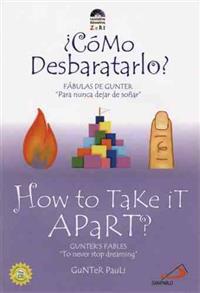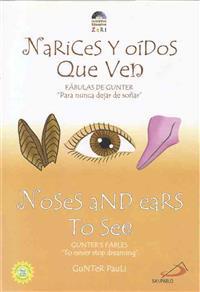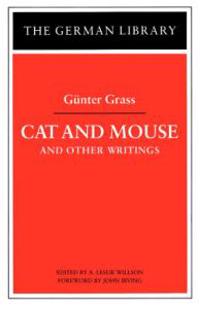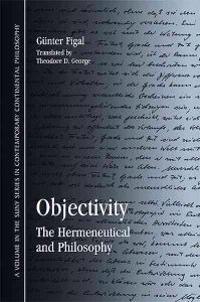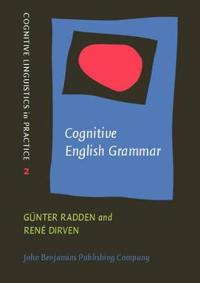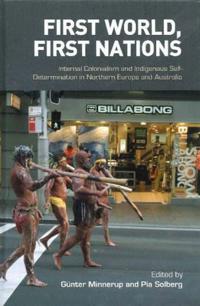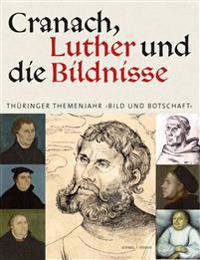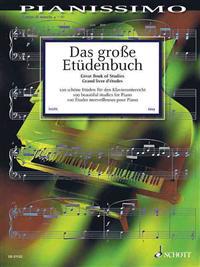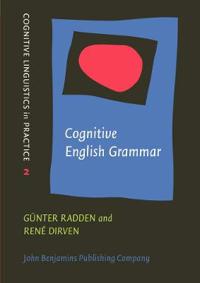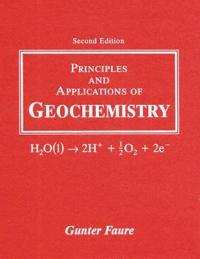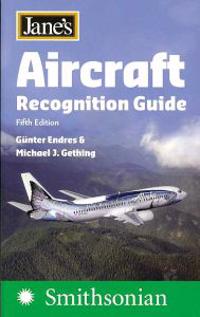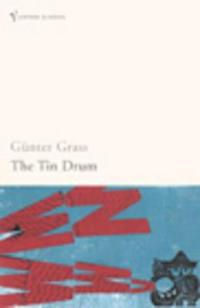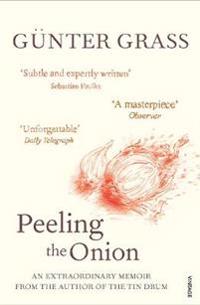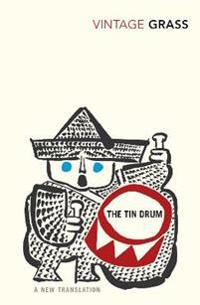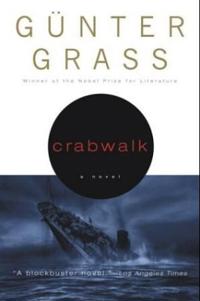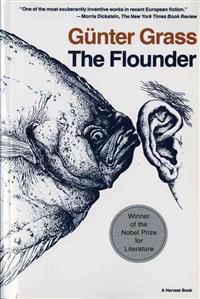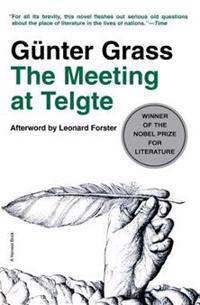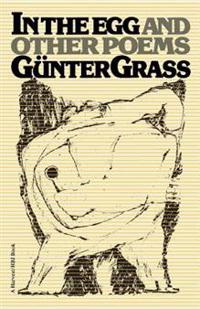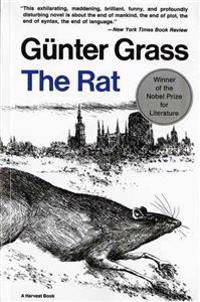Como Desbaratarlo?/How to Take It Apart?: Fabulas de Gunter: Para Nunca Dejar de Sonar/Gunter's Fable: To Never Stop Dreaming (Häftad)
avGunter Pauli
ISBN: 9789588233697 - UTGIVEN: 200703How to Take It Apart is a beautifully illustrated, bilingual Spanish/English children's book that uses Gunter Pauli's ZERI* Education model to teach children science. In this story, an elephant wishes he had hands but a chimpanzee reminds him of the advantages of a trunk, and suggests that having ha[...]
Narices y Oidos Que Ven/Noses and Ears to See: Fabulas de Gunter "Para Nunca Dejar de Sonar"/Gunter's Fables "To Never Stop Dreaming" (Häftad)
avGunter Pauli, Pamela Salazar
ISBN: 9789588233789 - UTGIVEN: 2007-03Noses and Ears to See is a beautifully illustrated, bilingual Spanish/English children's book that uses Gunter Pauli's ZERI* Education model to teach children science. In this story, a pink river dolphin describes how she can see inside a bat with the radar in her nose, while the bat explains how sh[...]
Cat and Mouse (Pocket)
avGunter Grass, A. Leslie (EDT) Willson, Gunter Grass
ISBN: 9780826407337 - UTGIVEN: 1994-09For many years, Gunter Grass (born 1927) has been one of the world's most vital literary figures. From the publication of The Tin Drum through his latest pleas for sane government and civil treatment of Germany's "foreign citizens" in the 1990s, Grass has been at the forefront of both literary and p[...]
Objectivity (Pocket)
avGunter Figal, Theodore D. (TRN) George, Gunter Figal
ISBN: 9781438432069 - UTGIVEN: 2011-07Cognitive English Grammar (Pocket)
avGunter Radden, Rene Dirven, Gunter Radden
ISBN: 9781556196645 - UTGIVEN: 200707First World, First Nations (Inbunden)
avGunter (EDT) Minnerup, Pia (EDT) Solberg, Gunter (EDT) Minnerup
ISBN: 9781845193515 - UTGIVEN: 2011-01The Sami people of Northern Europe and Aboriginal Australians are literally a world apart in geographical terms, yet share a common fate as Indigenous minorities. Emerging from centuries of internal colonisation. Their ancient cultures and languages severely eroded by policies of forced assimilation[...]
Row Houses (Pocket)
avGunter Pfeifer, Per Brauneck, Gunter Pfeifer
ISBN: 9783764378387 - UTGIVEN: 2007-11This book is devoted to the various types of row house, a particularly widespread form of residential structure. A general discussion of the row as organizing principle--the row as urban building block, linear space, ways of handling corners--is followed by the systematic presentation of the differe[...]
Cranach, Luther Und Die Bildnisse: Thuringer Themenjahr 'Bild Und Botschaft' (Häftad)
avGrit Jacobs, Gunter Schuchardt, Gunter Schuchardt
ISBN: 9783795429775 - UTGIVEN: 2015-04Radikale Stromungen zettelten in den 1520er Jahren einen Bildersturm in vielen Gotteshausern an, der sich gegen den Gotzendienst und die Praxis der Heiligenverehrung richtete. Martin Luther lehnte Bilder nicht prinzipiell ab, er fand sie nutzlich, wenn sie zum Verstandnis der Texte und Predigten bei[...]
Das grosse Etudenbuch / The Great Book of Studies / Le grand livre d'etudes (Pocket)
avHans-Gunter Heumann, Hans-Gunter Heumann
ISBN: 9783795745448 - UTGIVEN: 20120114 chapters addressing different technical challenges for the pianist. Contains 100 fine studies ranging from easy to moderate difficulty, including works by Burgmuller, Czerny, Gurlitt, Heller, Schumann, and others.[...]
Cognitive English Grammar (Pocket)
avGunter Radden, Rene Dirven, Gunter Radden
ISBN: 9789027219046 - UTGIVEN: 2007-07Principles and Applications of Geochemistry (Inbunden)
avGunter Faure
ISBN: 9780023364501 - UTGIVEN: 199712Intended as an introduction to Geochemistry for Geology majors in their senior year or first year of graduate work.Designed to show students how to use chemical principles in solving geological problems, this text emphasizes a quantitative approach to problem solving and demonstrates how chemical pr[...]
Jane's Aircraft Recognition Guide (Häftad)
avGunter Endres, Michael J. Gething
ISBN: 9780061346194 - UTGIVEN: 200709The essential guide to the world's aircraftOver 500 color photographsCivilian and military aircraftTechnical dataRecognition silhouettesAircraft markings identification guide[...]
The Tin Drum (Storpocket)
avGunter Grass
ISBN: 9780099466048 - UTGIVEN: 2004-02The publication of The Tin Drum in 1959 launched Gunter Grass as an author of international repute. Bitter and impassioned, it delivers a scathing dissection of the years from 1925 to 1955 through the eyes of Oskar Matzerath, the dwarf whose manic beating on the toy of his retarded childhood fantast[...]
Peeling the Onion (Häftad)
avGunter Grass
ISBN: 9780099507598 - UTGIVEN: 2008-06Peeling the Onion is a searingly honest account of Grass' modest upbringing in Danzig, his time as a boy soldier fighting the Russians, and the writing of his masterpiece, The Tin Drum, in Paris. It is a remarkable autobiography and, without question, one of Gunter Grass' finest works. By the Nobel [...]
Tin Drum (Häftad)
avGunter Grass
ISBN: 9780099540656 - UTGIVEN: 2010-10On his third birthday Oskar decides to stop growing. Haunted by the deaths of his parents and wielding his tin drum Oskar recounts the events of his extraordinary life; from the long nightmare of the Nazi era to his anarchic adventures is post-war Germany.[...]
Crabwalk (Häftad)
avGunter Grass
ISBN: 9780156029704 - UTGIVEN: 200404Hailed by critics and readers alike as Gunter Grass's best book since The Tin Drum, Crabwalk is an engrossing account of the sinking of the Wilhelm Gustloff and a critical meditation on Germany's struggle with its wartime memories.
The Gustloff, a German cruise ship turned refugee carrier, was a[...]Peeling the Onion (Häftad)
avGunter Grass
ISBN: 9780156035347 - UTGIVEN: 2008-06In this extraordinary memoir, Nobel Prize-winning author Gunter Grass remembers his early life, from his boyhood in a cramped two-room apartment in Danzig through the late 1950s, when "The Tin Drum "was published.During the Second World War, Grass volunteered for the submarine corps at the age of fi[...]
The Meeting at Telgte (Häftad)
avGunter Grass
ISBN: 9780156585750 - UTGIVEN: 1990-10A group of leading intellectuals from all parts of Germany gather in 1647 for the purpose of strengthening the last remaining bond within a divided nation-its language and literature-as the Thirty Years' War comes to an end. Afterword by Leonard Forster. Translated by Ralph Manheim. A Helen and Kurt[...]
In the Egg and Other Poems (Häftad)
avGunter Grass
ISBN: 9780156722391 - UTGIVEN: 1977-04This selection combines Selected Poems (1966) and New Poems (1968). The German originals face the translations. Translated by Michael Hamburger and Christopher Middleton. A Helen and Kurt Wolff Book
[...]The Rat (Häftad)
avGunter Grass, Ralph Manhem
ISBN: 9780156758307 - UTGIVEN: 1989-05A female rat demonstrates that her species will inherit a devastated earth but will inevitably imitate the grotesque example set by human destructiveness throughout history[...]
Classificatory Particles in Kilivila (Inbunden)
avGunter Senft
ISBN: 9780195092110 - UTGIVEN: 1996-03-14Constructing Authorship in the Work of Gunter Grass (Inbunden)
avRebecca Braun
ISBN: 9780199542703 - UTGIVEN: 2008-06-26Armenian History And The Question Of Genocide (Inbunden)
avMichael M. Gunter
ISBN: 9780230110595 - UTGIVEN: 2011-04-28

